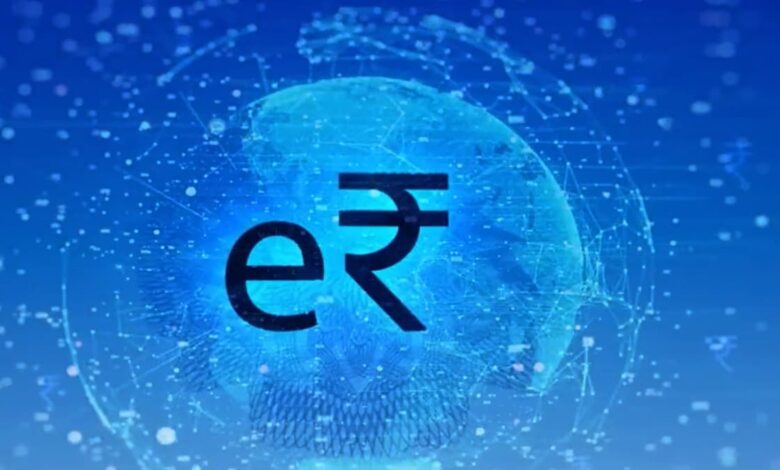Why the RBI is in no hurry to roll out the eRupee CBDC

The Reserve Bank of India (RBI) is working with multiple national lenders on advanced testing of the central bank’s eRupee digital currency (CBDC). Despite recent developments in this area, the central bank is in no rush to roll out its CBDC to users in the country. The situation in the Philippines was discussed by RBI Deputy Governor T. Rabi Sankar reportedly at a conference. As part of his speech, Sankar said the central bank is in no hurry to expand the rollout of the eRupee until its impact on financial systems is thoroughly assessed.
Sankar told Bloomberg says the rollout of the digital currency for general use in India could take some time. “We are in no rush to roll it out immediately. As soon as we have some insight into what the outcome or impact will be, we will roll this out. We are not keeping a specific timeline for that,” he told the publication.
Launched in trials in December 2022, the RBI sees it as a tool to internationalize the INR currency. The eRupee is expected to improve the current delay in facilitating cross-border settlements.
Other countries such as Russia and China are also taking steps to integrate their CBDCs into their financial systems. The aim is to reduce dependence on the USD for processing international settlements. The RBIU deputy governor told Bloomberg that India is working on CBDC-assisted payment arrangements with Sri Lanka and the UAE.
In an effort to facilitate an effective rollout strategy for these CBDC-friendly countries, the International Monetary Fund (IMF) recently proposed a framework. Called REDI. The framework emphasizes regulation, education, design and implementation, and incentives – while planning the rollout of CBDC. The IMF expects that the CBDC ecosystem will face multiple challenges during the adoption process.
G20 members are currently examining the pros and cons of introducing CBDCs. According to a recently released report from the Atlantic Council think tank, a total of 134 countries are actively exploring digital versions of their currencies. These countries represent 98 percent of the world economy.
Through the eRupee CBDC, the RBI is counting on the eRupee to improve the speed and security of fund transfers. In October, RBI Governor Shaktikanta Das highlighted that India is one of the few major economies with a 24×7 real-time gross settlement (RTGS) system, which is ready to evolve with advancing technologies.
A CBDC (Central Bank Digital Currency) like the eRupee is the blockchain representation of fiat currency, issued and regulated by the central banks. Although they function much like cryptocurrencies in terms of facilitating quick and relatively private financial transactions, they are supervised and controlled by the financial authorities. Transactions processed through CBDCs are permanently recorded on blockchain networks that are immutable and bring greater transparency to financial history.




